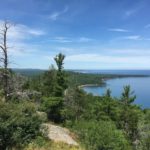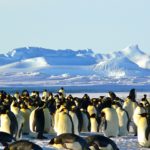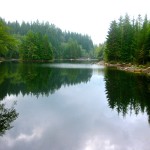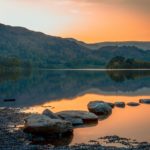Are You Cut Out to be an Earthwatcher?
The first question we get asked by people is: What the heck does Earthwatch actually do? I start off with: “well, we organize these scientific expeditions all over the world, but for people who aren’t scientists . . . it’s like they’re on vacation, but they go to do research on the environment and culture and other stuff . . . it’s really great!” This summary would always lead to more questions than answers. The people who go on Earthwatch trips aren’t scientists? Then why are they doing research? Who wants to go on a vacation like that?
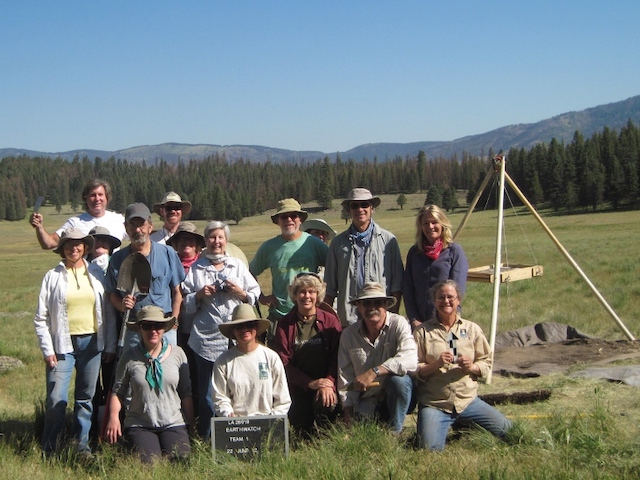
Now I’ve just returned from my first Earthwatch expedition, and I know exactly who wants to go: people who are curious about the world and hungry to learn more about it. I had the opportunity to participate on our Encountering the Prehistoric People of New Mexico expedition with a team of fourteen other volunteers, each of whom had fascinating and diverse life experiences to share with me.
During the days, we worked in small groups uncovering ancient artifacts of prehistoric quarries in the region. Through our findings, we are able to discover how humans interacted with this volcanic landscape 10,000 years ago and these findings help protect the National Preserve in this area.
The scientist who directed our excavation knew we could expect to find small pieces of cooled lava that had been shaped by humans into useful tools and weapons. Each day, we gathered around wire screens and sifted through remains and bagged our findings for analysis in the lab. This work could have been tedious, but it actually served as a perfect complement to getting to know my fellow volunteers.
I spent hours talking with a former teacher from Atlanta, who in her retirement years has become both a professional dog trainer and a professional storyteller. Another of my team members told stories about her home in the wilds of British Columbia, where cougars occasionally stalked through her backyard and great blue herons swooped down to eat the fish out of the pond behind her house. Working with people who had so much experience with animals and nature made me feel like I’d had some special luck in teammates, until I realized that, of course it wasn’t luck. Everyone on the expedition observed the details of the natural world carefully, and wanted to have more information with which to interpret them; that’s why they had come.
All of the volunteers had, throughout their lives, turned their gaze outward—toward other countries and cultures, toward our history as humans and our relationship with the world we inhabit.
As the youngest volunteer on the project, I felt humbled: while I think I’m pretty interesting in a group of my peers, my travels and life experience were nothing compared with what my fellow volunteers had done. And now I can’t wait to travel more, to learn more, so that someday I am as interesting as they are. So now I might describe Earthwatch’s expeditions not just as research projects for non-scientists, but as ways to open up a sense of possibility in the world.
Excitingly, through May 13 Earthwatch is offering all Pink Pangea readers 10% off their expeditions with promo code USWKOALA13.
Visit: http://www.earthwatch.org/inspiretoday


